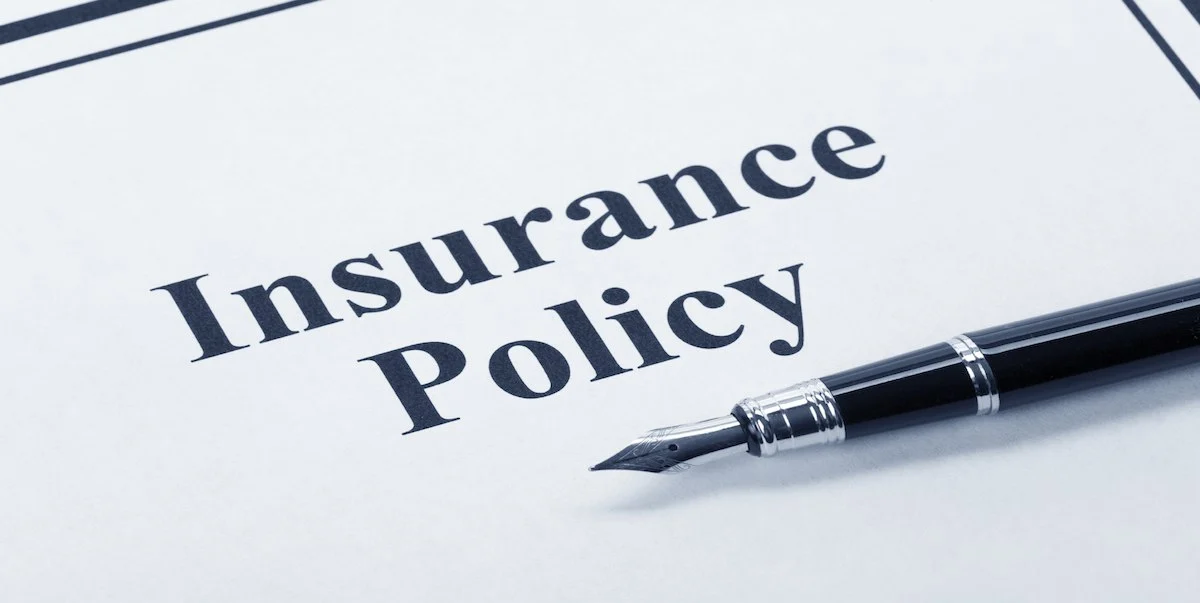Insurance is a vital aspect of financial planning, protecting against unforeseen circumstances. Insurance policies serve as a safety net, offering financial security to individuals and businesses. This comprehensive guide delves into the various types of insurance policies available, their benefits, and the key factors to consider when selecting the right policy for your needs.
Types of Insurance Policies
1. Health Insurance
Health insurance is designed to cover medical expenses arising from illnesses or injuries. There are several types of health insurance plans:
- Individual Health Insurance: Covers a single person.
- Family Health Insurance: Covers the entire family under one policy.
- Group Health Insurance: Offered by employers to their employees.
- Critical Illness Insurance: Provides a lump sum amount on the diagnosis of specific critical illnesses.
2. Life Insurance
Life insurance policies provide financial support to the policyholder’s beneficiaries in the event of their death. Key types of life insurance include:
- Term Life Insurance: Offers coverage for a specified period.
- Whole Life Insurance: Provides lifetime coverage with an investment component.
- Universal Life Insurance: Combines life coverage with investment opportunities.
- Variable Life Insurance: Allows investment in various funds, with death benefits linked to the investment’s performance.
3. Auto Insurance
Auto insurance protects against financial loss resulting from car accidents, theft, or damage. Types of auto insurance policies include:
- Liability Coverage: Covers damages to others’ property and injuries.
- Collision Coverage: Covers damage to the policyholder’s vehicle from collisions.
- Comprehensive Coverage: Covers non-collision-related damage (e.g., theft, natural disasters).
- Uninsured/Underinsured Motorist Coverage: Protects if the other driver lacks adequate insurance.
You May Also Read: Insurance Quotes: What is a quote in insurance?
4. Homeowners Insurance
Homeowners insurance offers financial protection against damages to a home and its contents. It typically includes:
- Dwelling Coverage: Protects the structure of the home.
- Personal Property Coverage: Covers belongings inside the home.
- Liability Protection: Provides coverage for accidents that occur on the property.
- Additional Living Expenses: Covers costs if the home is uninhabitable due to a covered event.
5. Renters Insurance
Renters insurance is tailored for tenants, covering personal property and liability. It usually includes:
- Personal Property Coverage: Protects the tenant’s belongings.
- Liability Coverage: This covers injuries or damages caused by the tenant.
- Additional Living Expenses: Assists with costs if the rental unit becomes uninhabitable.
6. Travel Insurance
Travel insurance safeguards against trip-related uncertainties. Common types include:
- Trip Cancellation Insurance: Reimburses prepaid, non-refundable expenses if a trip is canceled.
- Medical Travel Insurance: Covers medical expenses incurred during travel.
- Baggage Insurance: Protects against loss or damage to luggage.
- Evacuation Insurance: Covers costs of emergency transportation.
Key Factors to Consider When Choosing an Insurance Policy
1. Coverage and Benefits
Evaluate the extent of coverage and the specific benefits offered by the policy. Ensure that it aligns with your needs and offers sufficient protection against potential risks.
2. Premiums and Deductibles
Premiums are the regular payments made to keep the policy active, while deductibles are the amounts paid out-of-pocket before the insurance kicks in. Balance these costs to find a policy that fits your budget.
3. Policy Exclusions
Understand what is not covered by the policy. Exclusions can significantly impact the effectiveness of the insurance, so it’s crucial to be aware of any limitations or conditions.
4. Claim Process
A straightforward and efficient claim process is vital. Research the insurer’s reputation for handling claims and consider customer reviews and ratings.
5. Financial Stability of the Insurer
Select an insurance company with strong financial stability to ensure they can meet their obligations. Check ratings from independent agencies like A.M. Best, Moody’s, or Standard & Poor’s.
6. Additional Riders
Riders are additional coverages that can be added to a standard policy. Consider any riders that might enhance your coverage, such as accidental death, waiver of premium, or critical illness riders.
The Importance of Regular Policy Reviews
Life circumstances and needs change over time. Regularly reviewing your insurance policies ensures they remain relevant and provide adequate coverage. Factors that might prompt a review include:
- Major Life Events: Marriage, childbirth, or retirement.
- Changes in Assets: Purchasing property or acquiring significant assets.
- Health Changes: Diagnosis of a chronic illness or significant health changes.
- Economic Factors: Inflation or changes in income.
Conclusion.
Understanding the various insurance policies available is crucial for making informed decisions that provide financial security and peace of mind. By evaluating your specific needs, considering the key factors, and regularly reviewing your policies, you can ensure that you and your loved ones are adequately protected.
